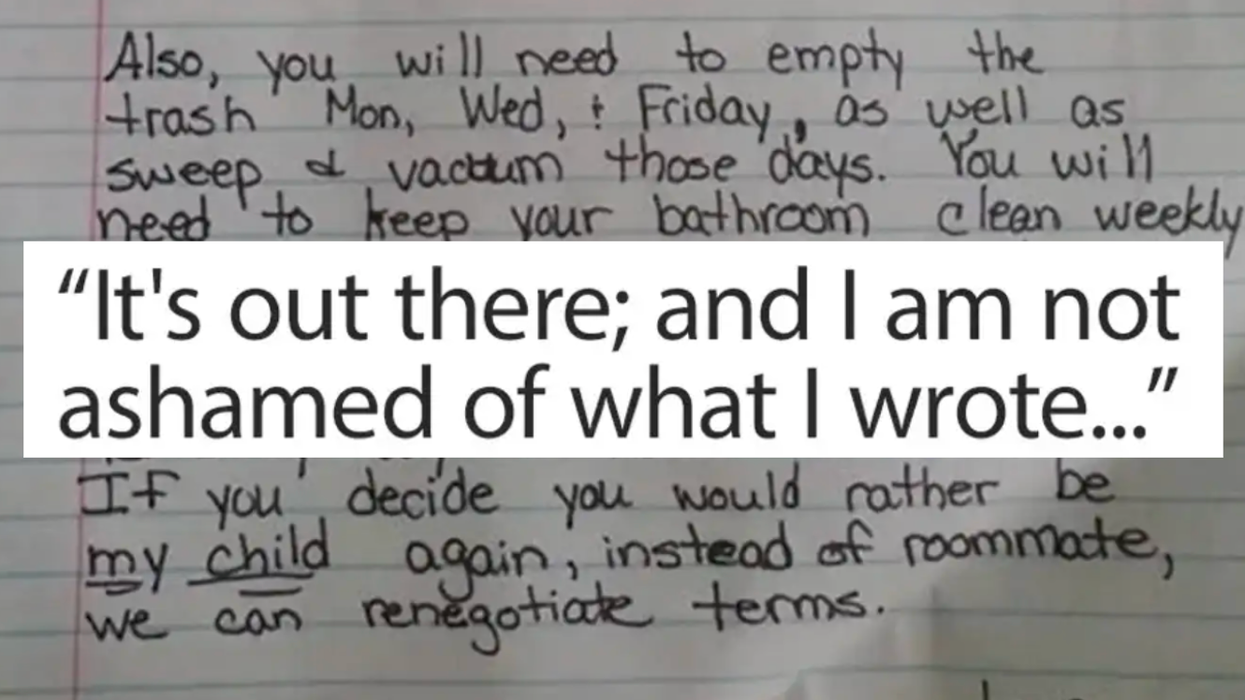Greek Prime Minister Georges Papandreou doesn’t seem like the kind of guy to catalyze a financial crisis—"soft-spoken," "professorial" and "moderate" sums him up nicely—but he may have on Tuesday, when he announced that a popular vote would decide whether his country would accept a bailout to prevent it from defaulting on its debt and dragging the rest of the continent into a financial mess.
Today, after standing up to European leaders, Papandreou was able to rally even Greek opposition leaders around the aid plan and cancel the vote. But his move established Papandreou's willingness to put his people's future above the bottom line of financiers who don't want to face the consequences of their decisions.
Papandreou’s call for a referendum immediately came under harsh criticism from European leaders, financial sector mavens, even his own political party and the newspapers who support him (one called him the “Lord of Chaos”). Stock markets crashed. For a moment, the future of the European Union and the world economy were in jeopardy because of Papandreou’s willingness to force Greek voters to make a choice between the onerous bailout and remaining in the EU or, more likely, telling everyone to bugger off and risking the consequences of economic isolation.
Why is that so awesome?
For once, a statesman showed some spine in the face of the global financial sector. It’s one of the boldest political moves of the last decade, which could cost Papandreou his job in a no-confidence vote still scheduled for tomorrow. But it has worked so far: Rather than call his bluff, opposition leaders decided to join him in supporting the bailout deal and in creating a unity government to move the country forward until elections in the coming year.
The move is also a reminder to global elites that at the end of the day, democracies are about the people, and that the financial sector holds some responsibility for all the risky money it sunk into Greece—the lenders need a reminder that they have some responsibility for their money, too.
It’s true that the Greeks largely got themselves into this mess with irresponsible borrowing and widespread tax fraud, but the global recession and the structural limits placed on their economic policy by the European Union and its central bank have put the Greeks between a rock and a hard place: In trouble and unable to get out on their own.
European leaders have negotiated a complicated deal to help bail out Greece’s creditors and keeping the country from default, but it comes with a set of harsh restrictions on the country’s economic policies, including a regimen of spending cuts that will pull back public services and economic growth. In return, the banks that own Greece’s debt will cut the obligations by as much as 50 percent, a necessity to keep the country growing again. That kind of shared sacrifice is key to making this deal work.
But there are fears on both sides: That banks won’t perform their haircuts, and that the Greek government can’t impose austerity on their people. Threatening to put the decision to a referendum forced banks to be public and clear about how much pain they’ll accept; otherwise, Greeks won’t support the deal. But Greek political leaders rallying around the deal will also demonstrate to the world that the people of the country are willing to shoulder their own obligations and want to be part of the European Union by choice.
From an American point of view, it’s important that the Greeks accept a fair deal. A financial crisis in Europe (a likely outcome if spreading sovereign debt woes can’t be nipped in the bud in the Balkan peninsula) would be terrible for our economy, and a Greek exit from the European Union would be a blow to one of the great international projects of our time.
It's not the first time civilization depended on Greek democracy.
Photo via (cc) Flickr user Πρωθυπουργός της Ελλάδας
















 Otis knew before they did.
Otis knew before they did.